Treatment and prevention
Travelling with diabetes
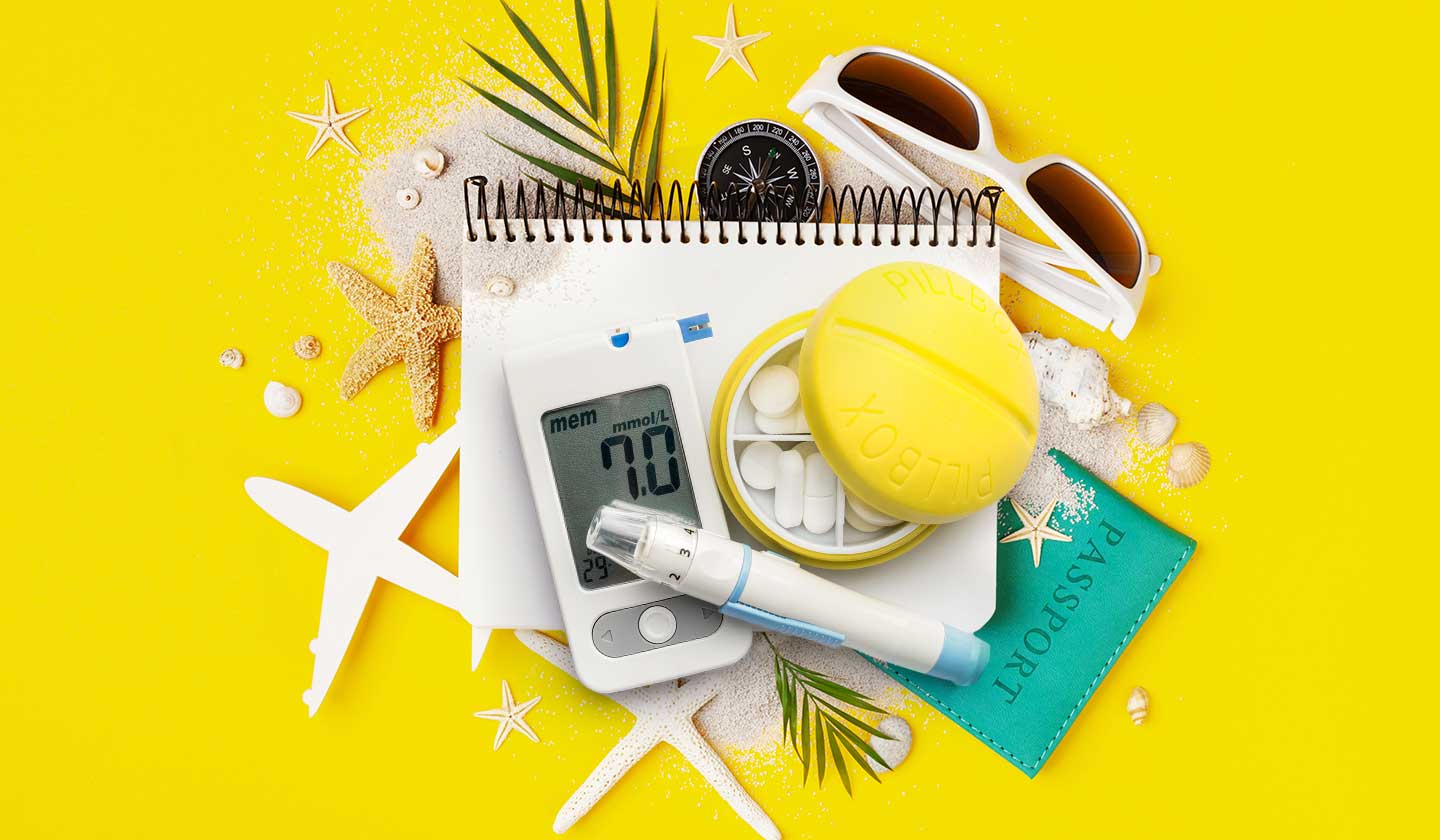
Throughout life and for various reasons (holidays, work, etc.) we sometimes need to travel. Our daily routine is altered and to minimise the risk of problems arising preparation is fundamental.
Depending on your destination, duration of travel and mode of transport you should consider whether it is beneficial to go to a Traveller's Appointment, just like other people without diabetes. Discuss this with your doctor and find out where you can access these consultations.
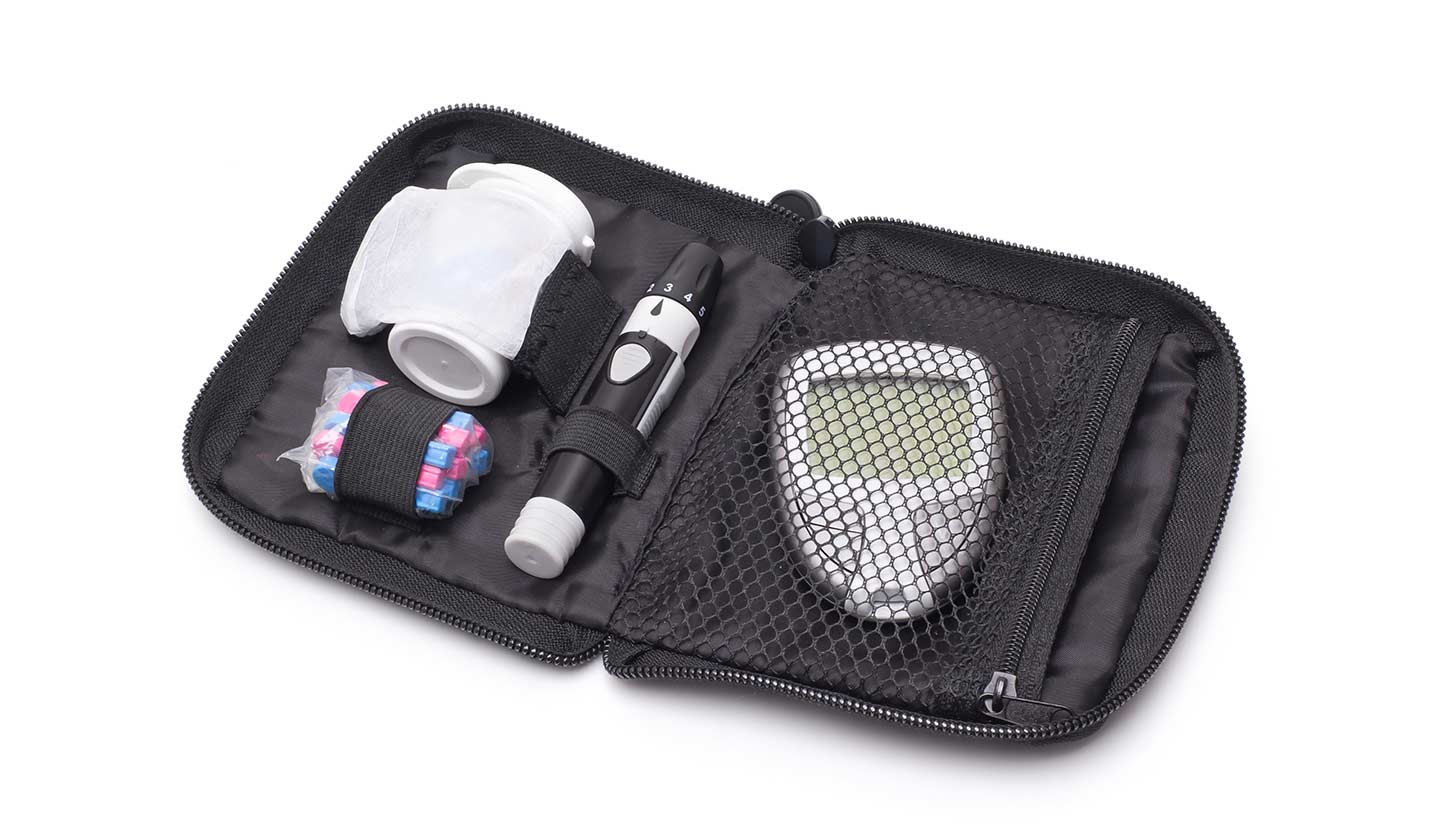
What to bring with you
When it comes to diabetes it's always good to have a list to confirm you're taking everything you need (and that varies according to your situation):
- Insulin, tablets
- Blood glucose test strips and control solution for your equipment
- Ketone strips
- Glucose, sugar (for hypoglycaemia)
- Glucagon (for severe hypoglycaemia)
- Extra insulin pen, insulin syringe and insulin pump needles or supplies
- Glucometer (and batteries or cable and charger)
- Prescription (or a copy) and a doctor's statement summarising your condition
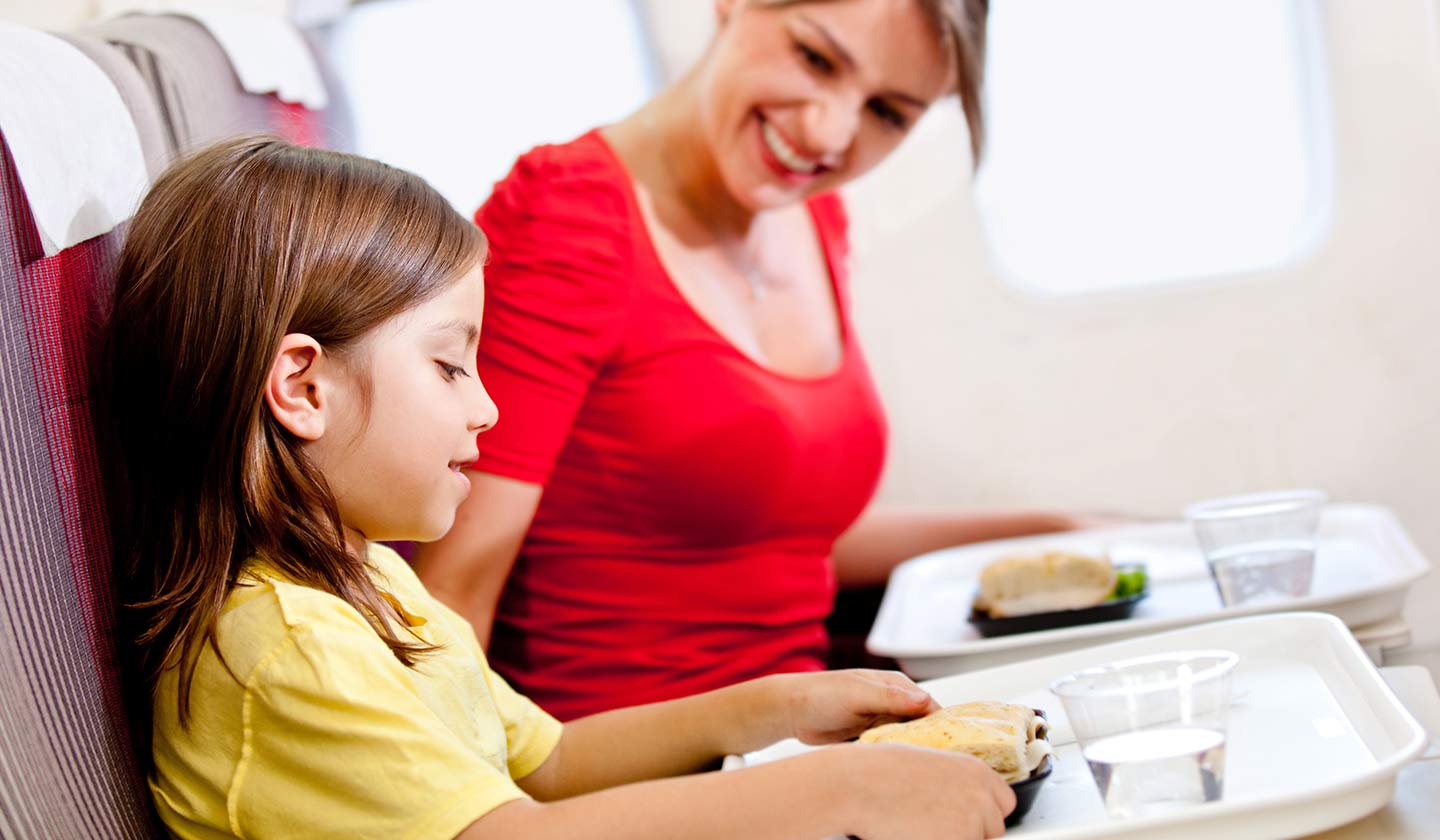
Travelling by plane
If you are travelling by plane, check in advance whether there will be any meals served and prepare some snacks or meals (in case there are any delays or other problems with the meal). This is also useful for those making long journeys using other means of transport.
At the security control of airports you should mention that you are carrying the medicines and other material with you (ideally well identified and with the original packaging). It may be useful to carry a medical declaration (in Portuguese and English) describing the need to carry the medicines and all the equipment. You should not check these products as hold baggage - they would be more exposed to accidents and extreme variations in temperature and humidity.
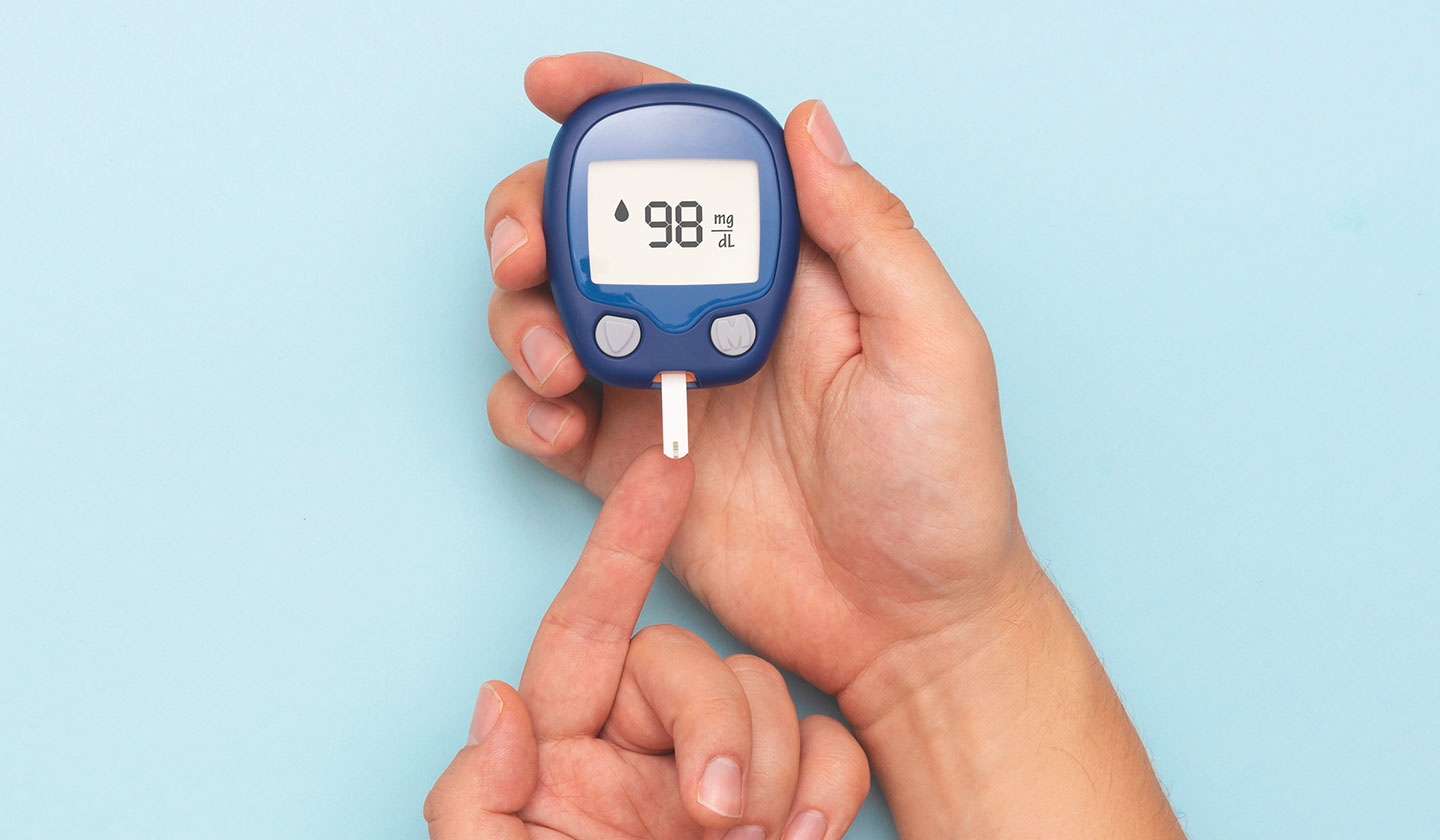
During your trip
- Given that your routine has changed, it is a good idea to reinforce blood glucose testing for possible adjustment of your therapy;
- if possible check your glucose meter using the control solution (variations in temperature and humidity can change the reading values)
- be aware that insulin needs may vary (for example: they may be lower if you increase physical activity or may be higher if you become more sedentary and/or eat more)
- store all your material well (do not expose it to extreme temperatures)
- take snacks, water, sugar, glucose, juices;
- plan your meals whenever possible.
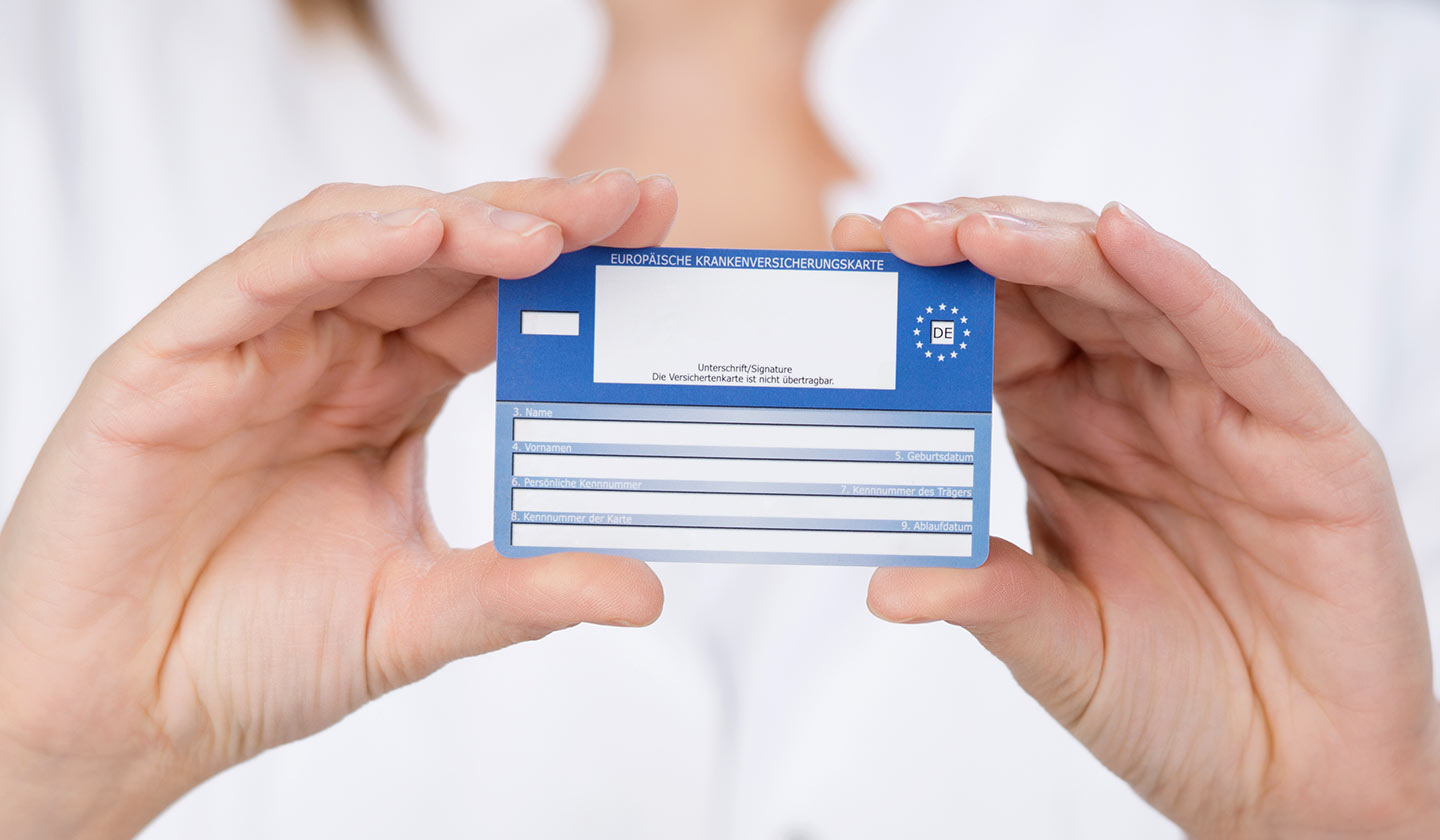
Travel to other countries
If you travel to other countries it is advisable to know the local health resources and how they work. Carry a European Health Insurance Card (for travel in Europe - see in which countries it applies) or consider taking out insurance for your trip (to other destinations). Have a card that identifies you as having diabetes preferably in the local language.
If you need to buy insulin be aware that sometimes the trade name or insulin concentration changes (in Portugal we use U100 - 100 units/ml).
If your journey crosses several time zones rapidly, you need to bear in mind that if you travel east you will have a shorter day and, conversely, if you travel west you will have a longer day. Your insulin needs will vary according to this factor. Discuss with your healthcare team how you should proceed with your therapy. In any situation it is important to check blood sugars (for example every 4 hours) and to maintain good hydration. If you take tablets for diabetes you should in principle stick to your usual schedule (but according to the new time zone - often associated with meal times). If you take insulin in a scheme where you use a basal insulin ("intermediate" or "slow") you can, if you wish and it is convenient, keep the time of this in relation to the original time (for example: you used to take it at 10 p.m. in Portugal and this time corresponds to 5 p.m. where you are - you will now take it at 5 p.m.). The rapid insulin, or the pre-mix, should be adapted to the new meal times.
With this advice it may seem like travelling for someone with diabetes is too complicated, but the aim is, as I said at the outset, to help you plan effectively and adapt to your situation so that you can enjoy a smooth journey just like everyone else.
Good Voyage!
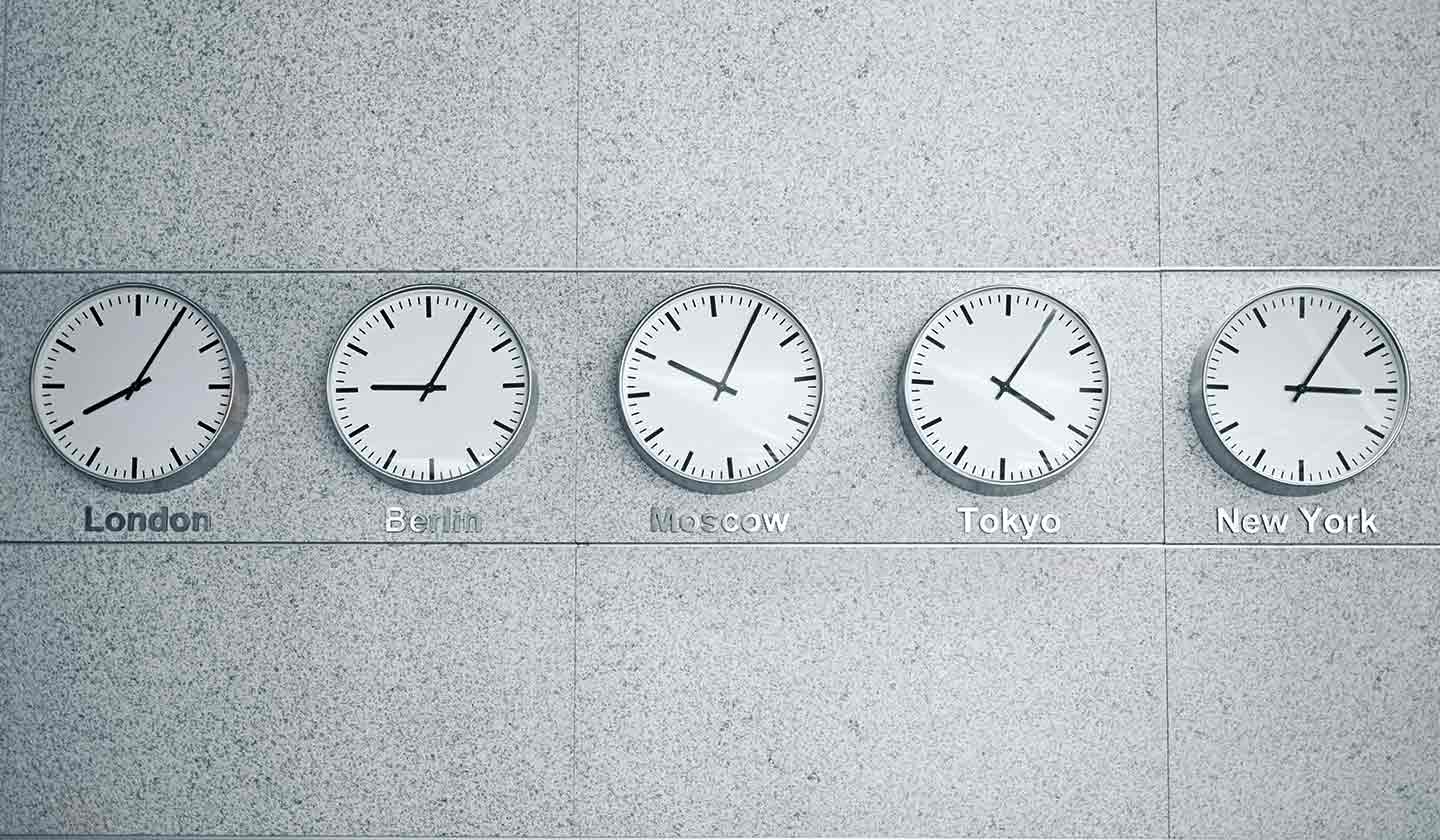
Sources
www.controlaradiabetes.pt
Também lhe poderá interessar
Prevention






